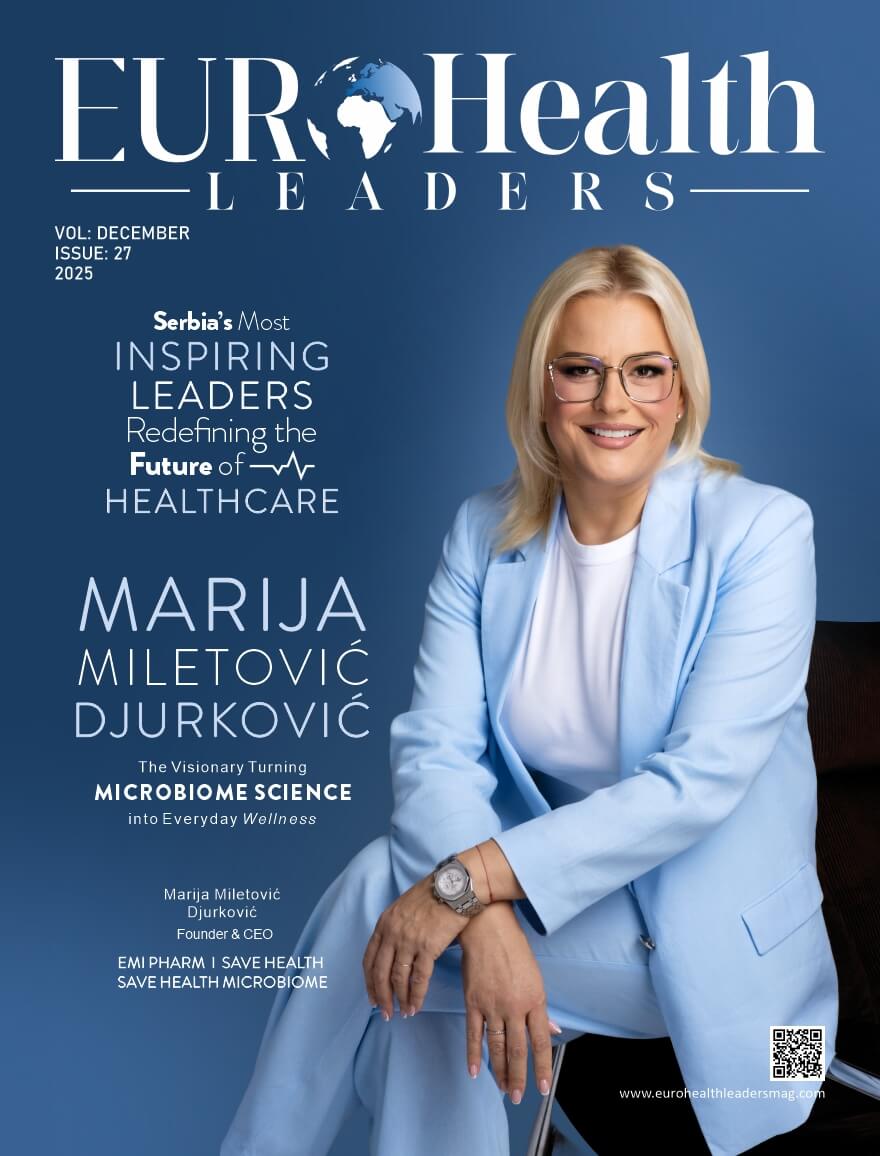The Carnivore Diet of 2025: 9 Improved Benefits You Ought to Know
In recent years, food trends have never been anything but ever-evolving, but one idea has always been a source of much debate and interest for nutrition communities—the carnivore diet. Going into 2025, this meat diet plan is still causing a stir with health enthusiasts, biohackers, and even physicians. So why is it catching on, and is there some merit to the all-meat craze?
The carnivore diet is exactly what it sounds—a diet consisting almost entirely of animal foods such as beef, fish, eggs, and organ meats. It leaves off the vegetables, fruits, grains, and all else plant-based from the plate. It may sound drastic in a culture that preaches balance, but the proponents say it brings earth-shattering health benefits.
One of the most direct and dramatic benefits reported by those on the carnivore diet is weight loss. With no carbs to trigger insulin spikes, the body enters fat-burning mode, using ketones for energy. This metabolic adaptation has a tendency to induce not only fat loss, but also enhanced energy and mental clarity. By limiting themselves to nutrient-rich meals only, hunger is said to even out as cravings fade and caloric consumption evens out without having to track or limit.
Why Simplicity Defines the Carnivore Diet
Another reason the carnivore diet is still researched and practiced is because it is just so easy. Compared to other diets that involve complex meal preparation, calorie cutting, and ingredient substitution, the carnivore diet is elegantly straightforward. A steak, some salt, and you’re finished. Not only is this convenience time-saving but eliminates dietary decision fatigue—something many working professionals and parents really love.
Inflammation and Healing on the Carnivore Diet
Processed diets and lifestyles have introduced chronic inflammation into a quiet epidemic. The carnivore diet, as it is zero-carbohydrate, eliminates sugar and vegetable anti-nutrients to offer a very strong anti-inflammatory effect. Those suffering from autoimmune diseases like rheumatoid arthritis, Crohn’s disease, and even eczema reported wonderful relief when they switched to a carnivorous diet. For the first time in decades, some people are actually feeling better.
Nutrient Value and Use on the Carnivore Diet
A meat-free diet is quickly dismissed by critics as nutritionally inadequate.
However, carnivore diet proponents say nose-to-tail eating provides the human body with all that it needs. From vitamin A in liver to the omega-3s found in fatty fish and B12 in red meat, animal foods provide bioavailable nutrients in their most useful form. Unlike plant foods that come with inhibitory substances that need to be absorbed, such as phytates and oxalates, meat gives one immediate nutrition. This leads to better digestion, better skin, and better hair and nails—normal but oftentimes overlooked benefits that accompany enhanced nutrient absorption.
Better Mental Health with the Carnivore Diet
Mental wellbeing entered the forefront in 2025, and once again here, the carnivore diet promises to be sensational. A great many devotees of the diet report lower anxiety levels, greater stability in mood, and even relief from depression. As research remains new, one hypothesizes that removal of sugar, seed oils, and anti-inflammatory plant chemicals tames the environment for the nervous system, and ample cholesterol and saturated fat permits hormone and neurotransmitter production.
Improvements in Athletic Performance on the Carnivore Diet
Bodybuilders and strength athletes on the carnivore diet usually possess increased endurance, faster recovery, and greater muscle mass. The protein content in the diet is high, and the animal food is full of creatine, carnosine, and B vitamins that promote muscle building and cell repair. In fact, the carnivore diet is currently being employed by some strength athletes during the off-season to gain lean mass with metabolically healthy profiles.
The Pre-History of the Carnivore Diet
One of the strongest facts lost in the discussion is history. Our forebears had diets strongly built on animals, particularly in cold environments where there was no access to plant foods. The carnivore diet would presumably draw upon that evolutionary blueprint, providing a nutritional model that is balanced to our biology. If one looks at it in this way, the diet is not revolutionary—it’s getting back to basics.
Who Should Try the Carnivore Diet?
Of course, one diet is not for all. The carnivore diet has been criticized as having no long-term studies, risks of eating saturated fats, and environmental concerns. But for some, the quick and long-term benefits are worth suffering through under close medical monitoring. Of interest is approaching this lifestyle with informed intent—to consume good pasture-raised meat, drink lots of water, and monitoring one’s own biomarkers.
Conclusion: The Carnivore Diet of 2025 and Beyond
Because the food conversation still changes in 2025, no one can deny that the carnivore diet isn’t a flash in the pan—it’s a phenomenon that makes us think differently about what, specifically, surrendering to food even is. Whether taking back control of relentless health issues, reducing food to a one-trick pony, or acquiring mental lucidity, this controversial but compelling diet is throwing a tantrum in wellness culture.
While it may not be a hit for everyone, the carnivore diet at least challenges conventional nutritional orthodoxy and compels us to question the plant paradigms of modern nutrition. For those who’ve tried every food trend with little payoff, perhaps this ancient approach is the reboot your body has been craving.
Read More – Click Here









